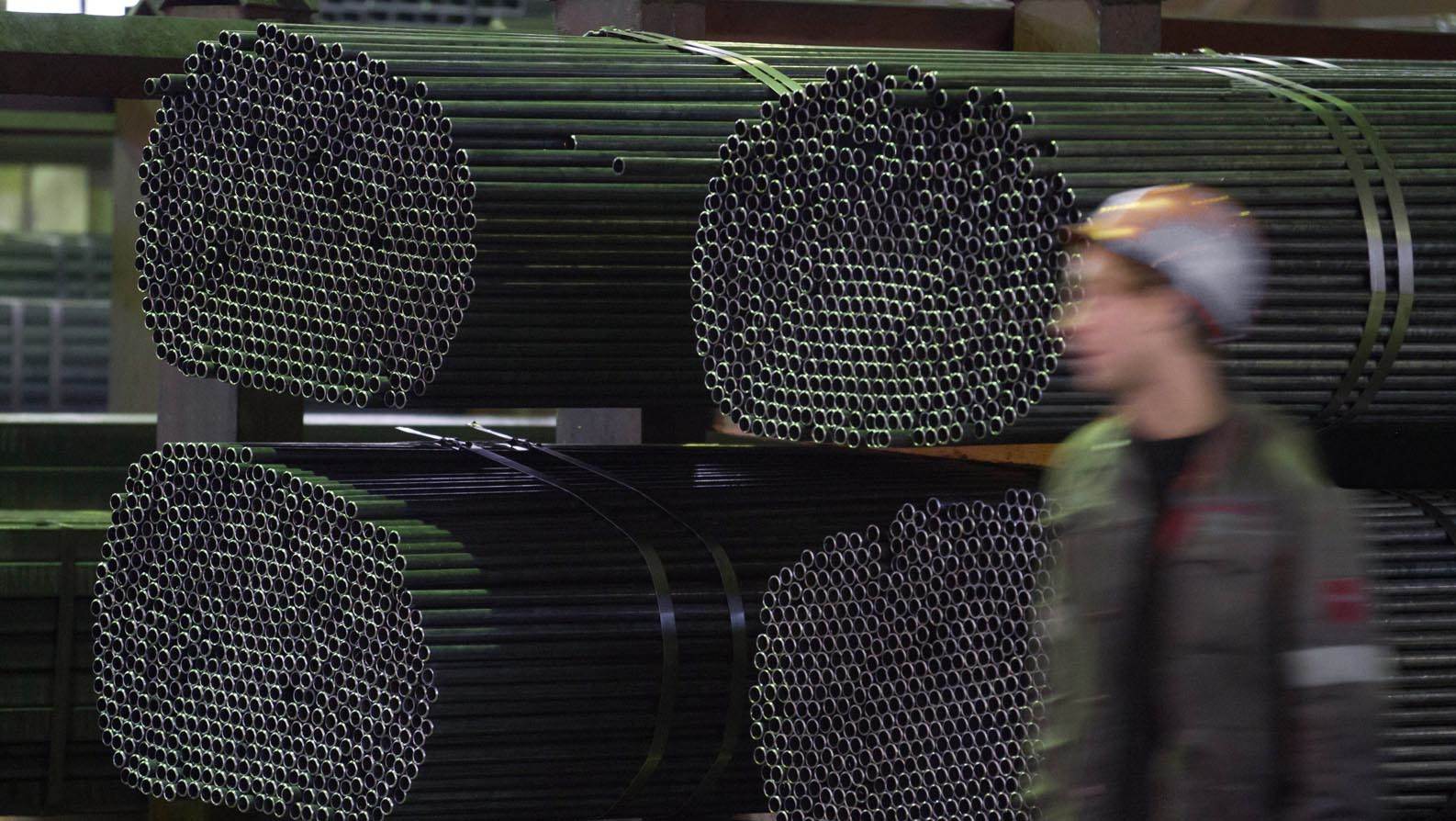Bulgaria and Romania officially join the Schengen Zone on March 31, although full membership is not yet on the table, the European Commission announced on Saturday.
Border controls for entry and exit from these countries to other Schengen Zone countries by air or water transport will be abolished. However, border controls will be temporarily maintained at land borders with other EU countries, with the decision to lift them to be made by the EU Council. According to the European Commission, the EU Council will make a decision "in due course." However, Austria is currently opposed to lifting the controls. Negotiations are ongoing.
The decision for the two countries to join the Schengen Zone, with the mentioned restrictions, was made by the European Union at the end of last year. From March 31, Bulgaria and Romania will be able to issue Schengen visas under the same rules as other EU countries.
With the accession of Romania and Bulgaria to the Schengen Zone, which usually has no border controls at internal borders, 29 countries are included – all EU member states except Cyprus, as well as Iceland, Norway, and Switzerland.
Hungary opposed Bulgaria's accession to the Schengen Zone. In December, Budapest withdrew its objections. Prior to this, under pressure from the Hungarian government, Sofia abolished the transit fee for Russian gas.
In 2007, Bulgaria and Romania became members of the European Union. The European Commission announced its readiness to integrate the countries into the Schengen Zone as early as 2011, but some EU countries blocked this decision for 12 years, citing corruption issues and the inability of Bulgaria and Romania to secure their borders. Austria and the Netherlands, in particular, feared an increase in the flow of illegal migrants.





















